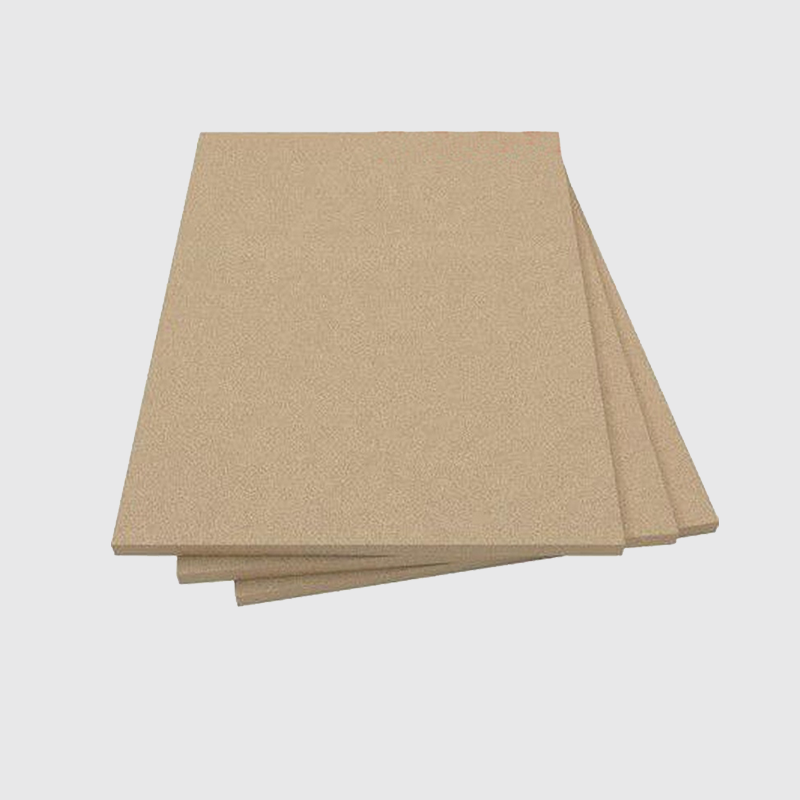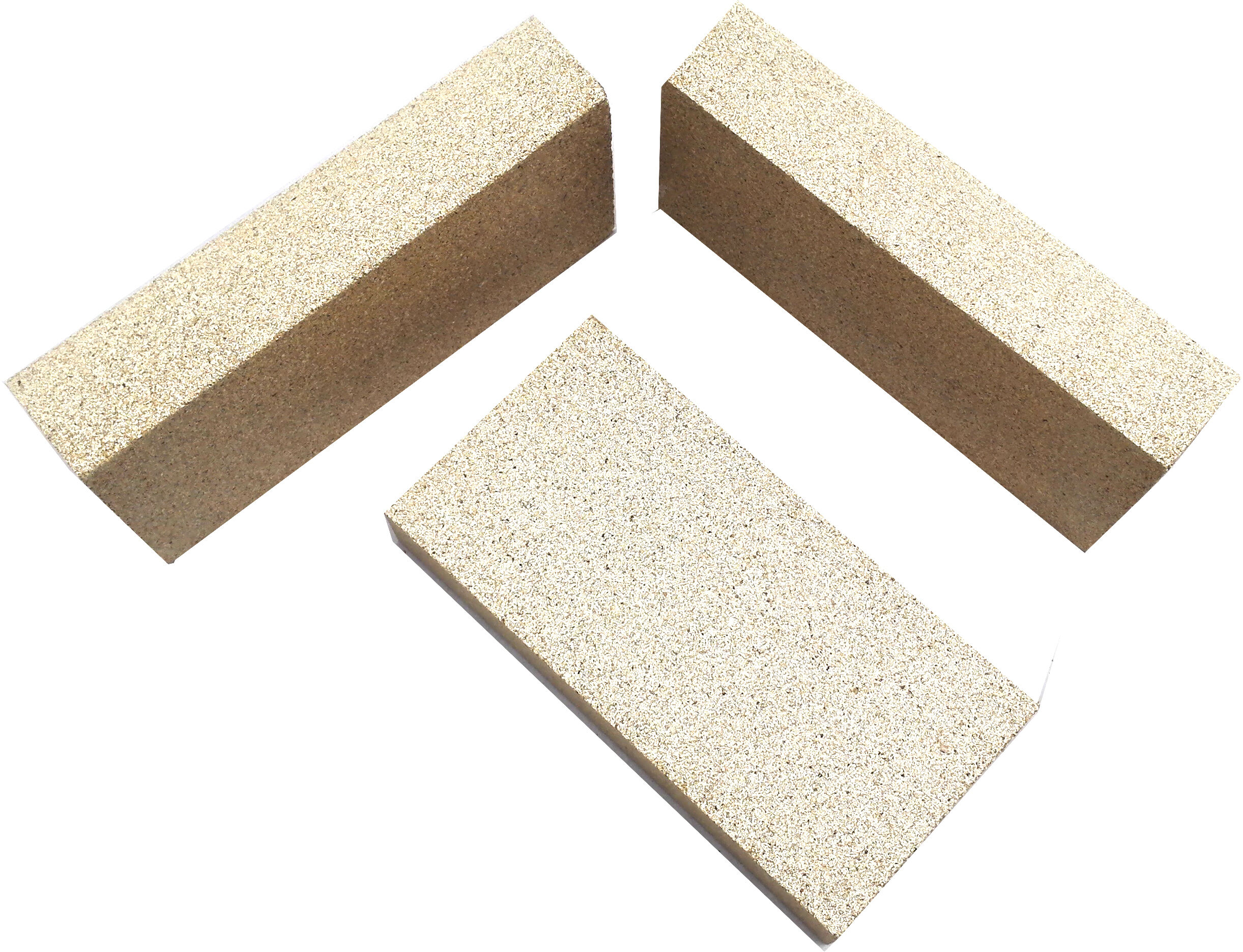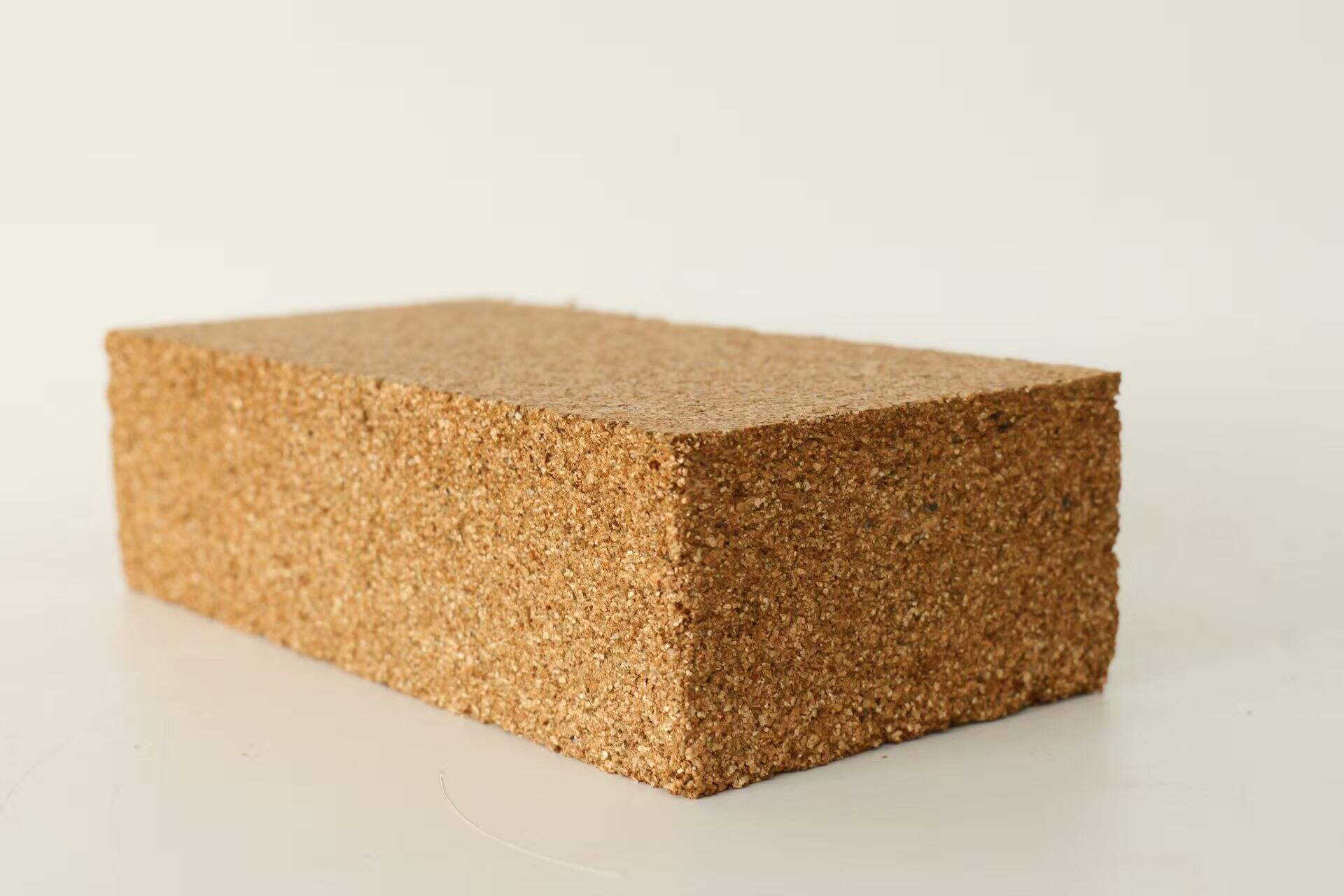Vermiculite Insulation: Properties and Thermal Performance
Natural Thermal Resistance Mechanisms
Vermiculite insulation is renowned for its natural thermal resistance, largely due to its unique mineral structure—a layered arrangement that effectively reduces heat transfer. Its thermal conductivity typically ranges between 0.10 to 0.20 W/mK, which is optimal for maintaining stable temperatures across various applications. This low thermal conductivity makes vermiculite an ideal material for environments prone to fluctuating temperatures, as it can efficiently absorb and mitigate abrupt thermal changes. Studies indicate that its performance in thermal isolation is not only excellent but also sustainable because it relies on its intrinsic properties rather than manufactured enhancements.
Fireproof Capabilities up to 1200°C
Vermiculite insulation can withstand extreme temperatures up to 1200°C, making it ideal for industries with prevalent fire hazards such as construction and manufacturing. Its non-combustible nature ensures industrial compliance with stringent fire safety regulations, effectively minimizing risks associated with high-temperature operations. Studies have demonstrated that vermiculite remains structurally sound even under intense heat, reinforcing its position as a reliable high-temperature barrier. This evidence confirms its adaptability as a fireproof vermiculite solution in various settings, notably where safety and performance are critical.
Lightweight yet Durable Structure
One of vermiculite insulation's standout features is its lightweight structure, facilitating easy handling and installation across varied industrial applications. Despite its lightness, research shows that vermiculite possesses a high compressive strength, making it suitable for load-bearing scenarios without compromising durability. This combination of light and strong characteristics ensures vermiculite's popularity among high temperature insulation products, allowing efficient use without heavy installation requirements. Industries seeking effective, lightweight solutions are increasingly turning to vermiculite—a testament to its superior performance and versatility among industrial insulation materials.
Key Industrial Applications in High-Temperature Environments
Aluminum Electrolysis Cell Insulation
Vermiculite insulation plays a crucial role in aluminum electrolysis cells by offering vital thermal barriers that minimize heat loss. Its application in this sector is known to significantly enhance energy efficiency, which in turn reduces operational costs. Studies have demonstrated that using vermiculite-based insulation materials in aluminum production not only enhances energy savings but also prolongs the lifespan of insulation systems within these cells. Such performance underscores the importance of vermiculite in optimizing thermal management and cost-effectiveness in industrial processes. Moreover, its efficiency in retaining heat makes vermiculite a valuable asset in aluminum electrolysis.
Industrial Furnace Back-Up Insulation
In industrial furnaces, vermiculite insulation is often used as a backup layer to traditional insulation materials, significantly boosting thermal performance. Its high-temperature resistance ensures that vermiculite maintains its insulating capabilities, even under extreme conditions. Case studies have highlighted the benefits of integrating vermiculite in furnace insulation, revealing improvements in both energy efficiency and safety standards. These enhancements are crucial for maintaining optimal furnace operations, reducing energy consumption, and preventing heat-related wear and tear. The integration of vermiculite thus represents an advanced approach to sustaining furnace safety and performance in high-temperature settings.
Fire-Resistant Construction Components
Vermiculite insulation is frequently used in construction projects as a key ingredient in fire-resistant assemblies, supporting compliance with stringent building codes. Its ability to withstand fire helps create safer buildings, potentially reducing insurance costs due to its superior fireproof characteristics. As modern building designs increasingly demand higher safety standards, the market has witnessed a surge in the popularity of vermiculite-based fire-resistant solutions. This demand reflects the ongoing trend towards integrating materials that not only enhance thermal insulation but also ensure the structural integrity and safety of buildings against fire hazards. As a naturally non-combustible material, vermiculite provides unmatched protection in construction applications.
Vermiculite Insulation Product Solutions
Vermiculite Fireproof Insulation Board
Vermiculite fireproof insulation boards are engineered to provide outstanding thermal insulation and fire resistance. They are customized in various thicknesses and sizes to suit specific application needs, offering flexibility in design. The boards contribute to eco-friendly building practices, as they are composed of non-toxic materials and are free from asbestos and other harmful substances. This makes them a preferred choice in sustainable building solutions. As the demand for high temperature insulation products increases, vermiculite boards from are pivotal in supporting green construction endeavors.
400 Low Density Vermiculite Brick
The 400 low-density vermiculite brick is specifically crafted for contexts where lightweight insulation is crucial while maintaining strength. It finds its relevance across various industries due to its effective thermal insulation and ease of handling. Research indicates these bricks withstand high temperatures, crucial for energy-efficient applications while minimizing operational costs. With a steadfast role in industrial insulation materials, the performance is widely acknowledged in high temperature insulation product solutions.
Medium Density Vermiculite Brick
Medium density vermiculite bricks strike a balance between weight and strength, making them adaptable for a myriad of applications. Their superior thermal performance is vital for industries that require reliable high-temperature solutions. Reports from clients highlight their efficacy in demanding environments, confirming their integral role in thermal insulation projects. With the backing of industry feedback, medium-density vermiculite bricks continue to define versatile applications due to their thermal performance.
High Density Vermiculite Brick
High density vermiculite bricks are ideal for projects demanding maximum strength and durability when subject to extreme conditions. Designed for superior insulation, they serve sectors like metallurgy and glass manufacturing. Industry analytics emphasize their high performance and longevity, showcasing their significance in industrial insulation materials. The bricks are engineered to withstand severe environments, reinforcing the importance of high temperature insulation products in various industrial applications.
Fireproof Insulation Vermiculite Board 500 Density
The 500 density fireproof insulation vermiculite board displays superior fire resistance and thermal insulating capabilities. Suitable for a range of applications including fire-rated partitions and cladding systems, it ensures durability and efficiency. Studies suggest that higher density products excel in both thermal performance and fire resistance. As demand continues to rise for robust fireproof vermiculite board solutions, the 500 density board stands as a testament to innovative fire-rated applications.
Safety and Sustainability Considerations
Non-Toxic Composition and Asbestos-Free Assurance
Vermiculite insulation stands out for its non-toxic composition and assurance of being asbestos-free, making it a safe choice for a variety of applications in construction and industrial sectors. This natural mineral-based insulation is designed to contribute to healthier indoor air quality by eliminating harmful emissions associated with asbestos. Regulatory bodies, including the Environmental Protection Agency (EPA), support the use of vermiculite for its safety benefits, thereby establishing its superiority over other insulation materials. Its asbestos-free nature not only safeguards users but also aligns with modern sustainability goals by promoting healthier living environments.
Energy Efficiency and Emission Reduction Benefits
Utilizing vermiculite insulation significantly enhances energy efficiency within buildings, leading to decreased energy consumption and lower utility expenses. The advanced insulation properties of vermiculite help reduce carbon footprints and minimize greenhouse gas emissions, aligning with global sustainability targets. According to industry studies, improving thermal efficiency in industrial processes through vermiculite application can result in substantial reductions in emissions. This process isn't just about financial savings; it's a proactive step towards environmental responsibility, ensuring that both industrial and residential spaces are more sustainable.
Proper Handling for Industrial Use
To maximize the benefits of vermiculite insulation in industrial applications, proper handling and installation practices are crucial. It is advised that workers undergo rigorous training in safe handling techniques to minimize exposure risks and ensure conformity with health regulations. Following best practices not only optimizes product performance and longevity but also enhances overall workplace safety. Key recommendations from authorities and industry experts include adherence to established protocols, utilizing personal protective equipment, and conducting installations in adequately ventilated spaces. By doing so, industries can effectively leverage vermiculite’s benefits while maintaining high standards of safety.






